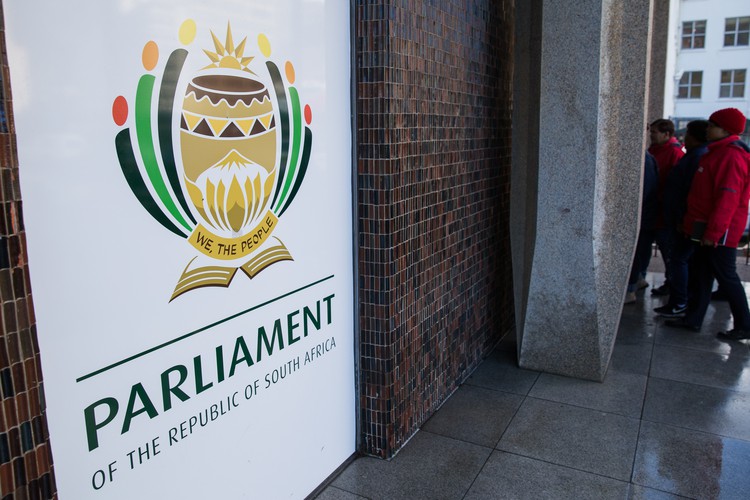Human Settlements admits state is failing Cape Town’s informal settlements
R100 million left unspent
The National Department of Human Settlements admitted in Parliament this week that it has largely failed the residents of Cape Town’s informal settlements, especially when it comes to service delivery.
The Portfolio Committee also heard that R100 million set aside for upgrading basic services in these areas had not been spent.
The main problem according to Director-General Mbulelo Tshangana was a breakdown in cooperation between the national and provincial human settlement departments and the local metros and municipalities. Tshangana conceded that the three levels of government had not worked together to utilise the funding that had been made available.
Reporting to Parliament’s Portfolio Committee on Human Settlements this week on progress made in upgrading informal settlements, Tshangana said, “I must admit we didn’t perform well.” He said Ethekwini and Cape Town had failed to meet their targets.
South Africa currently has more than 2,700 informal settlements. “We don’t see much of a reduction in informal settlements,” said Johan Wallis, the deputy director for informal settlements delivery framework in the department.
His report provided data from the 1996, 2001 and 2011 censuses, which showed that informal settlements increased in the Western Cape, North West and Northern Cape, while other provinces had seen a decrease in the number of informal settlements. Wallis did not offer an explanation for this but said the department is awaiting more recent data to track any changes.
He also indicated that Cabinet had requested more details on South Africa’s informal settlements more than a year ago, but nothing has been released. Committee Chairperson Nocawe Mafu confirmed that no results had been made available and she did not know if the research had been done.
Mafu pointed out that no authority takes responsibility for informal settlements. When Parliament conducts oversight visits, no one from provincial human settlement departments accompanies the Committee. “Nobody owns up to these challenges at these programmes,” Mafu said.
Speaking to GroundUp, she confirmed that in some areas grant allocations to metros had not been fully or partially utilised, and there were disputes between national, provincial and municipal/metro structures.
Wallis said there was little evidence of the National Upgrading Support Programmes (NUSP) in Annual Provincial Business Plans and municipal Built Environment Performance Plans. NUSP was designed to support the National Department of Human Settlement to upgrade informal settlements in the country.
The Department’s NUSP programme, according to Wallis, had 350 feasibility studies underway in 2017/2018. He said NUSP had completed 1,200 assessments and had more than 850 upgrading plans for 92 municipalities.
Support independent journalism
Donate using Payfast

Don't miss out on the latest news
We respect your privacy, and promise we won't spam you.
© 2017 GroundUp. 
This article is licensed under a Creative Commons Attribution-NoDerivatives 4.0 International License.
You may republish this article, so long as you credit the authors and GroundUp, and do not change the text. Please include a link back to the original article.

